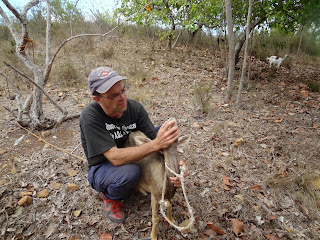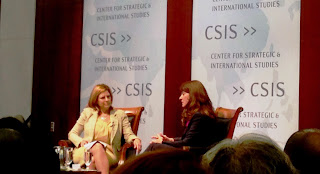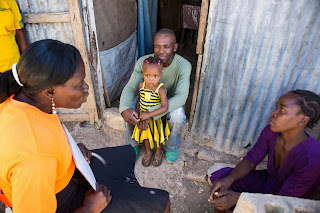Goat Nutrition for Disease Prevention and Optimal Health in Haiti

This post was written by F2F volunteer Dan Krull after returning from the field in Haiti. I have returned to Haiti to continue to work with improving goat husbandry practices on the island. This was my second trip to Haiti with the Farmer-to-Farmer Program to work with improving goat husbandry practices on the island. Whereas my first trip to Haiti in December 2014 was more focused on the immediate crises of rampant internal parasitism, this trip revolved around teaching and establishing sound goat nutrition programs for the farmers that Partners of the Americas and Makouti Agro Enterprise have partnered with. There are two types of plants that I focused on either introducing to the region or augmenting in goat pastures: plants that have natural antihelmintic (anti-parasitic) properties, and those that are high in protein and other essential nutrients. The anthelmintic property of plants is most often due to the tannin contained in the plants. This substance, which is the same sub




